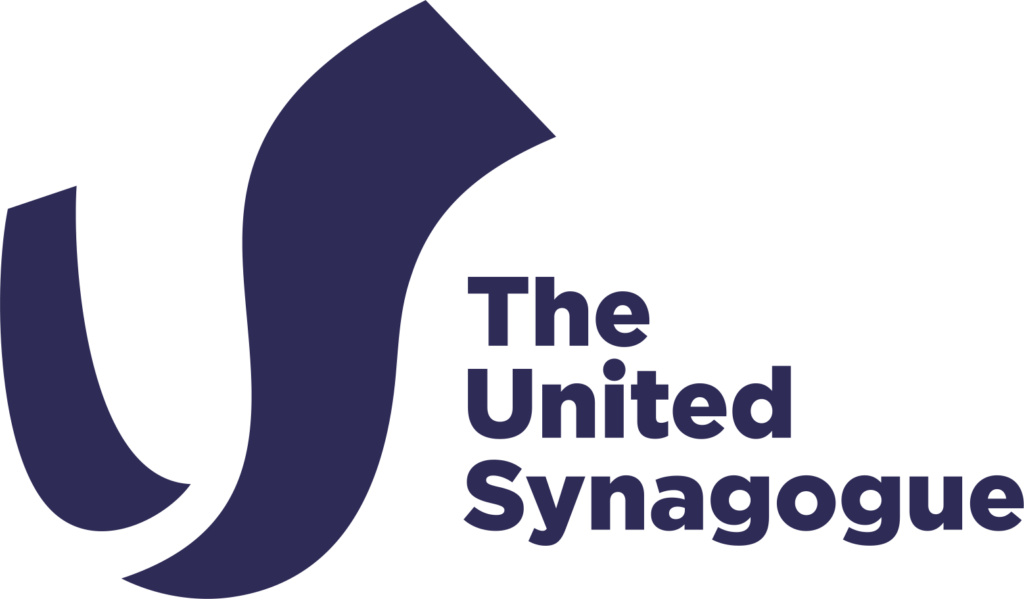The Torah now details the same for the descendants of Levi’s other two sons, Gershon and Merari. A census was taken of each of these three families, counting men aged 30 to 50. The family of Kehat numbers 2,750.
The family of Gershon numbers 2,630. The family of Merari numbers 3,200.
The narrative switches back to the day that the Mishkan (Tabernacle) began to function (Rosh Chodesh Nissan), as first discussed in parashat Shemini. God told Moshe to instruct the people to maintain the spiritual purity of the main camp, in which the Mishkan was situated, by sending away anyone who is ritually impure. The nation complied.
A person who steals and then takes an oath denying the crime, before eventually admitting to the theft, must bring an offering and add a fifth to the amount stolen when paying back the victim.
A married woman who secludes herself in a suspicious fashion with another man and is warned by her husband not to seclude herself again but ignores the warning, is known as a Sotah. She brings a barley offering to the Temple, where a Kohen gives her water to drink. This miraculously proves her innocence or guilt. If she is guilty, the waters cause her (and the adulterer) to die. If she is innocent, the water will cause her to become more fertile than before.
A person can decide to take a vow to become a Nazir and abstain from wine and other produce of the vine. A Nazir is also prohibited from having a haircut and from coming into contact with a dead person, including a close relative. The Torah details the procedure if a Nazir mistakenly comes into contact with a dead person in the middle of the Nazarite term. At the end of the Nazarite term (whose length can vary), the Nazir shaves his hair, brings unleavened bread offerings and three animal offerings.
Aharon and his sons were commanded to bless the nation with the priestly blessing (birkat kohanim). On Rosh Chodesh Nissan, the leaders of all of the tribes brought gifts of six wagons and twelve oxen to help the Levi’im transport the Mishkan. These leaders also took turns to bring voluntary offerings, which were sacrificed on the first 12 days of the Mishkan’s functioning. The leader of the tribe of Yehuda gave a silver bowl and a silver basin filled with fine flour and oil for a meal offering; a gold ladle filled with incense; a bull, a ram and a sheep as elevation offerings (olah); a goat as a sin offering (chatat) and two cattle, five rams, five goats and five sheep as peace offerings (shelamim). The Torah lists the identical offerings of the other 11 leaders.

